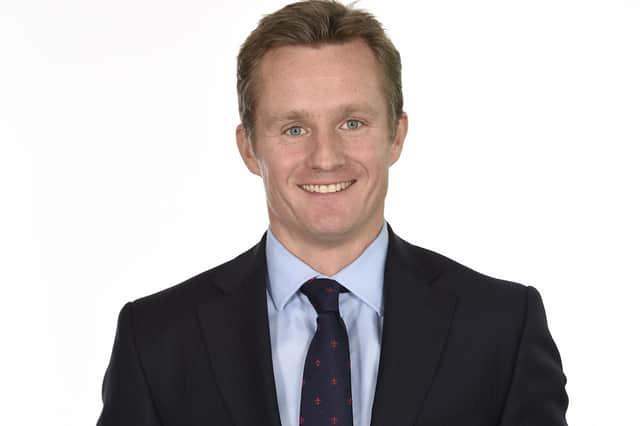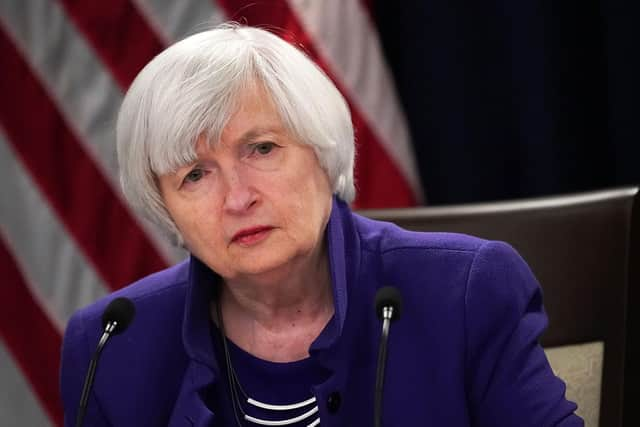Nowhere to hide from anti-corruption sanctions - Tom Stocker


The first list of those targeted by the 2021 Global Anti-Corruption Sanctions Regulations includes 22 individuals involved in serious corruption cases in Russia, South Africa South Sudan and Latin America. The measures are being taken partly in tandem with the US, which has announced further sanctions on some of those in the list.
British businesses will need to consider the risk of their overseas clients and business partners being sanctioned under the new regime as part of their due diligence checks.
Advertisement
Hide AdAdvertisement
Hide Ad“Know Your Customer and Know Your Business Partner” checks will need to factor in the risk that individuals and companies accused of past corrupt activities may end up on the UK sanctions list


The new Anti-Corruption Sanctions Regulations pose an additional compliance challenge. Currently, 22 individuals are listed, but the list will expand and when an individual is listed the businesses they own or control are also caught.
The new regulations, introduced under the Sanctions and Anti-Money Laundering Act 2018, replace the Misappropriation (Sanctions) (EU Exit) Regulations and are designed to capture those profiting from bribery and misappropriation of state funds from any country outside the UK.
Individuals and entities designated under the regime are included on the consolidated UK sanctions list. They are prevented from entering the UK, from opening UK bank accounts and doing business with UK businesses, and any assets that they already hold in the UK are frozen.
Those designated under the regulations have the right to request that a Minister reviews the decision, and can also apply to challenge their designation in the courts.
This is the second set of autonomous UK sanctions to be introduced since the UK left the EU, following the entry into force of the global human rights sanctions regime in July 2020. Since then, the UK has imposed sanctions on 78 individuals and entities involved in serious human rights violations around the world.
The UK government has published a policy note to accompany the regulations, which sets out the legal criteria for designations under the new regime.
US treasury secretary Janet Yellen welcomed the new regime, which she compared to the US Global Magnitsky programme and Canada’s Justice for Victims of Corrupt Foreign Officials Act. “We stand in close partnership with the United Kingdom in addressing the global challenges of corruption and illicit finance,” she said.
Advertisement
Hide AdAdvertisement
Hide AdThe newly-sanctioned individuals include those involved in the diversion of $230 million of Russian state property through a fraudulent tax refund scheme uncovered by Sergei Magnitsky, who later died in police custody; the Gupta brothers, Ajay, Atul and Rajesh Gupta and their associate Salim Essa, accused of serious corruption in South Africa; Ashraf Seed Ahmed Hussein Ali, the Sudanese businessman known as “Al Cardinal”; and several individuals involved in serious corruption in Latin America.
Tom Stocker, Partner and corporate crime specialist at Pinsent Masons
Comments
Want to join the conversation? Please or to comment on this article.